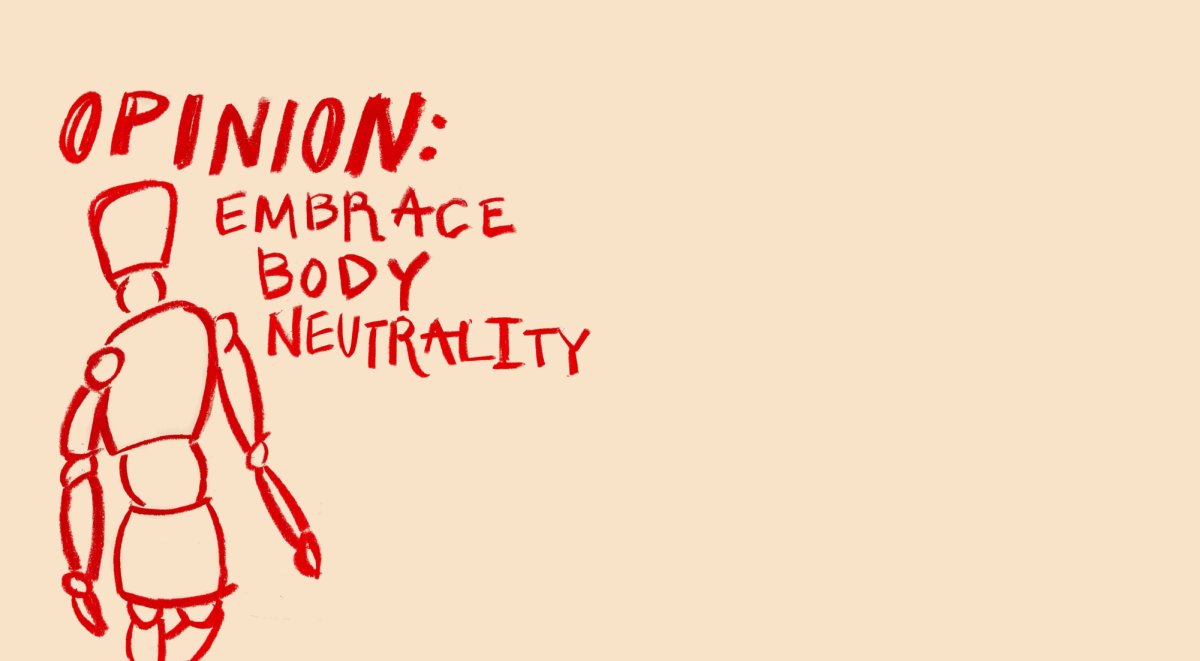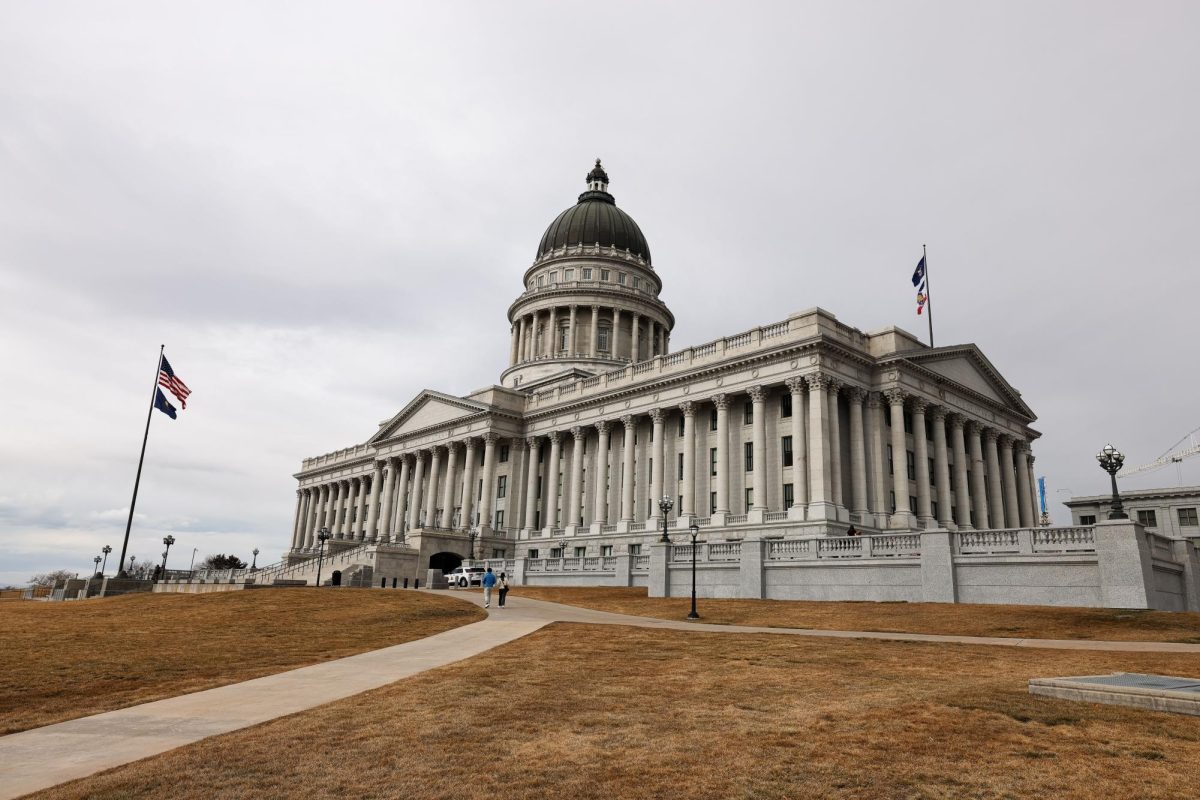U of U Health Inspires with Sundance Documentary ‘Meet Me Where I Am’
(Graphic by Claire Peterson | The Daily Utah Chronicle)
April 20, 2022
It is natural these days to be exceptionally skeptical of so-called inspiring news stories. What a media outlet may portray as a positive, uplifting feature can actually look quite grim upon closer inspection, like the viral story of a Washington second-grade student selling keychains to pay lunch money debts. Thanks to some tireless work from a small team at University of Utah Health, one recently released documentary is not a story like this — “Meet Me Where I Am” is genuinely uplifting.
Documenting a Life Saver
The 11-minute documentary, directed by Ross Kauffman, André Robert Lee and Robin Honan and produced by University of Utah Health, debuted at the 2022 Sundance Film Festival, where U of U Health acts as the official health and wellness sponsor.
“Meet Me Where I Am” follows Salt Lake City resident Adolphus Nickleberry. After spending decades abusing substances, facing homelessness and incarceration, dealing with institutionalized racism and coping with the trauma of losing both of his parents at a very young age, the assistance of the university’s experimental Intensive Outpatient Clinic in West Valley City made Nickleberry a symbol of rehabilitation.
To say the work of the IOC is a step in the right direction is an understatement. As the only developed nation without universal healthcare, the United States lacks in providing care for marginalized and impoverished groups.
That’s where the IOC comes in. They focus intensively on these groups by providing individualized treatment plans for patients, getting them the care they need while saving money for hospitals in the long run. Patients can access specialists, therapy services and transportation in ways they couldn’t on their own — the IOC even helps navigate issues of housing and employment.
Rehabilitation vs. Incarceration
“Meet Me Where I Am” is influential because it proves the argument for rehabilitation over incarceration so vividly. Someone is arrested every 25 seconds in the U.S. and we have the largest incarcerated population in the world. Incarceration isn’t a solution to systemic problems — lengthening already draconian sentencing times increases recidivism, and long-term health outcomes for incarcerated people are dismal. This documentary supports the growing body of evidence for the rehab movement.
Nickleberry was in and out of jail his entire life. It was only when people stepped in to care for him that he was able to reform. “If I can do it, anyone can do it,” he said in an interview panel for the documentary. Nickleberry may give the credit for his recovery to the IOC, but his journey has become a symbol of hope for anyone struggling with addiction, loss, recovery or feeling down on their luck. It’s through him the documentarians show what can be accomplished when programs like this receive funding.
A Valley Filling with Hope
Seeing familiar Salt Lake City landmarks professionally filmed in the documentary paints the city I know in a new light. On one hand, it’s exciting to see familiar places on screen, but it is a grim reminder of how harsh city life is for impoverished people. The film very carefully balances the beautiful landscapes and the ugly realities many of its residents face.
It’s no doubt our city has its problems, but the documentary proves that there are people working hard to solve them. Currently, the IOC has only eight staff members. Despite their size, they’ve helped over 230 patients, providing primary care, behavioral health and case management they can’t get anywhere else.
Until recently, extending medical care to patients outside of a hospital or emergency room was foreign for many Americans. That’s why “Meet Me Where I Am” is such a beautiful film. They put a face to the statistics and effortlessly command empathy for marginalized and stereotyped individuals.
It’s inspiring to see that programs like these are gaining popularity, and I commend the filmmakers for doing their part to spread the word. I encourage you to watch and share this film with anyone you can, including your representatives in the government. Hopefully, “Meet Me Where I Am” acts as a success story, encouraging funding for programs like the IOC across the country.
You can watch the film, or view the panel discussion with Nickleberry, the filmmakers and the IOC staff here.
You can also donate directly to the IOC to help continue their efforts by clicking the red “give today” button on the same webpage.













